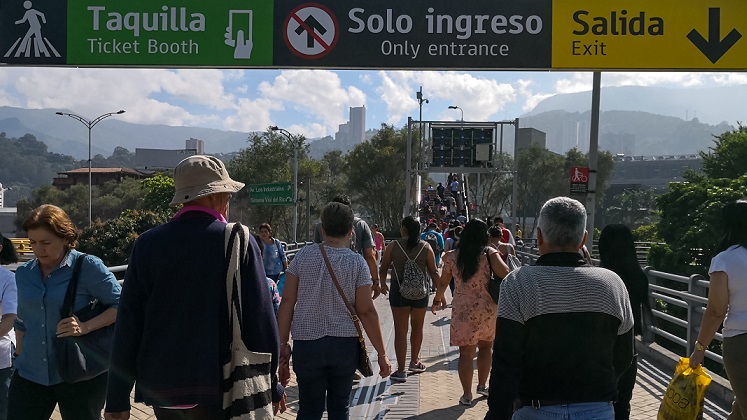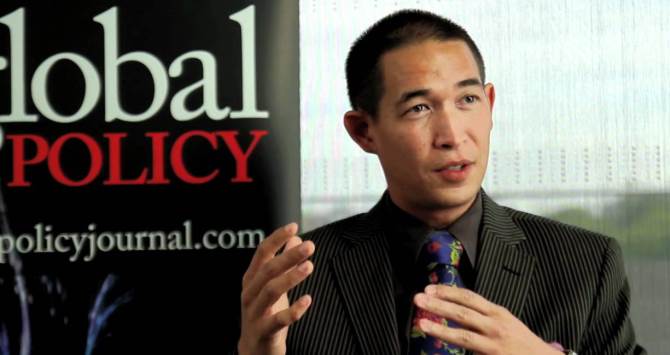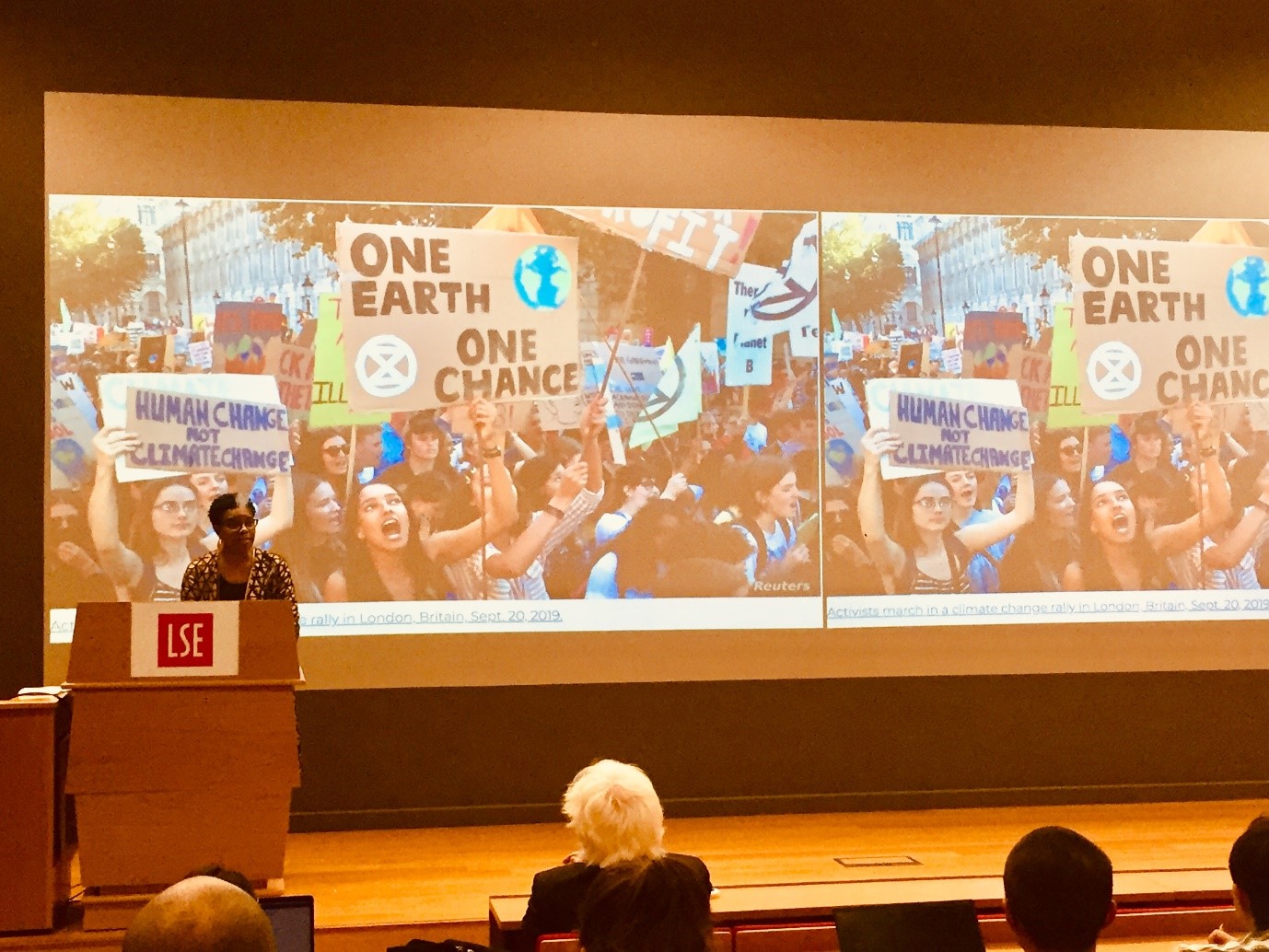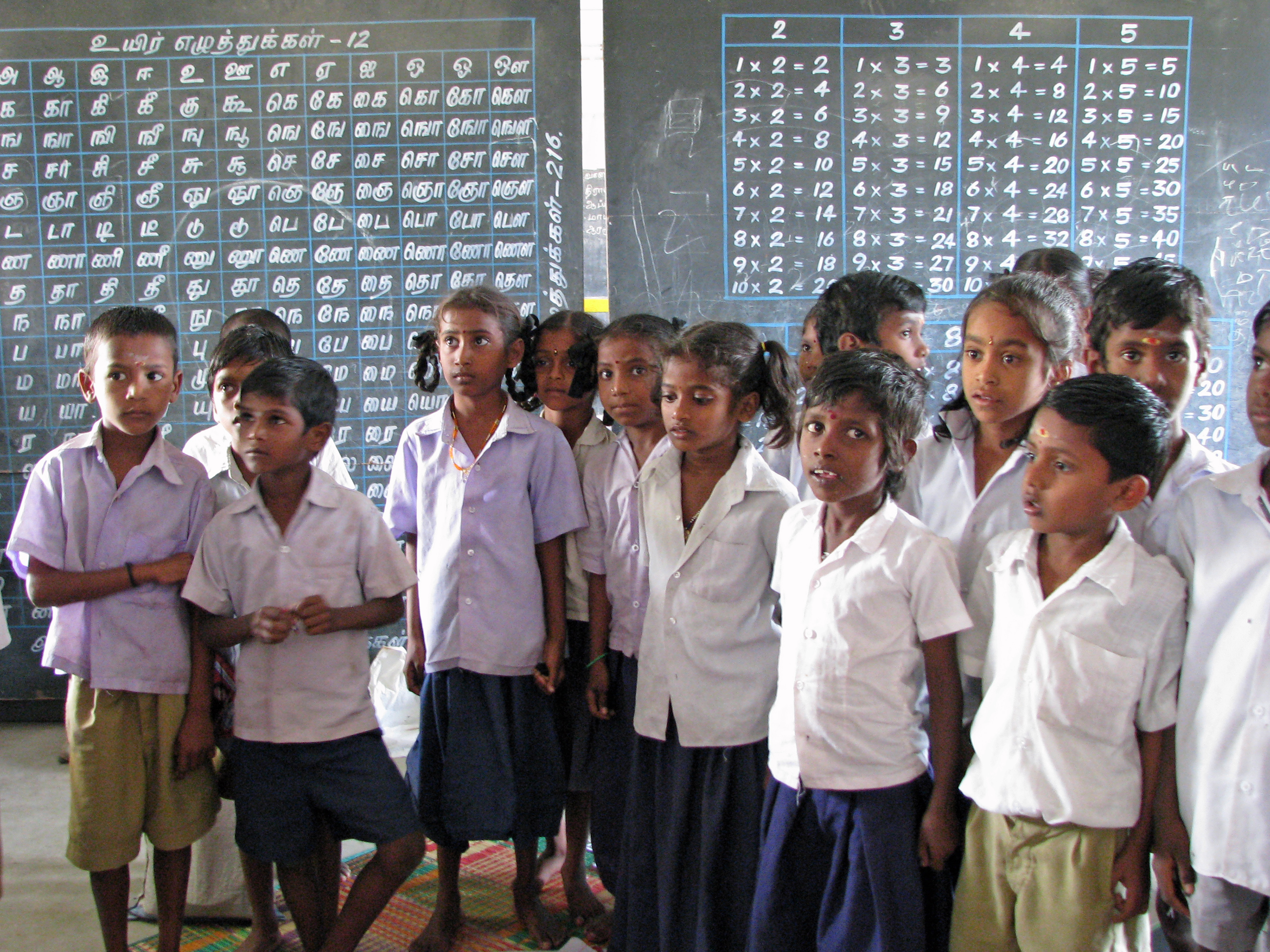In our first post for 2018, we question whether and how governments should incorporate happiness into their development agenda.
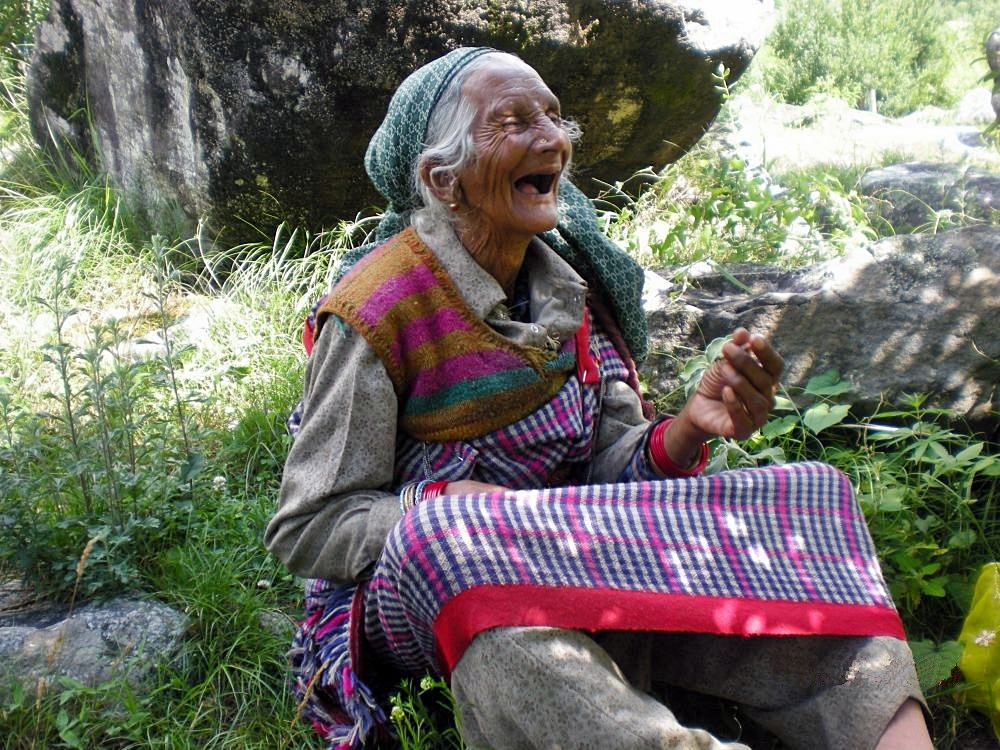
Development should denote more than just delivering the most basic of public goods. The term embodies a sense of hope and aspiration for a better future that goes beyond meeting the basic survival needs. It would rather be disappointing to narrow down the focus of development to simply concern the provision of life sustaining essentials such as food, shelter, and basic healthcare & education.
Once the most basic needs in life are met, more or less, we often start to search for what matters to us beyond necessities. So draw a distinction between the question of ‘what we value in life’ and the other question concerning ‘what we need to stay alive’. Happiness, in this respect, is a post-scarcity narrative that attempts to suggest a holistic approach to development. So of course we need a livelihood, good health, and a roof over our heads. But these are not everything to aim for in life.
The ‘Other’ Developing World
Moreover, when we look at the ‘global South’ we actually find that not all of them live in absolute poverty. Some countries have moved beyond the resource desperation that was once prevalent a few generations back. Consider the resource-rich Arab Gulf nations or some East Asian countries such as Thailand, Singapore, Malaysia and of course China.
In these nations, issues of accountability, participation, redistribution of income, and protection of human rights are more important than some of the UN’s millennium development goals such as reducing income poverty, hunger, disease, and lack of adequate shelter. These goals seem to suggest a biased approach by prioritizing the needs of the least developed nations (e.g. Sub-Saharan African countries) as if ‘development’ was an exclusive domain for the poorest of the poor. These policy objectives, as they stand, seem to be failing other groups of nations above the strict poverty line.
Furthermore, in some middle income developing countries such as Saudi Arabia issues of transparency and participation are more valuable to the public than the size of their state budgets. Decades long of astronomical government budgets did little in terms of upward social mobility. This led to public anger over the government’s spending behaviour. So it is not wealth per se that necessarily brings about satisfaction. Rather, public participation and oversight of their government’s business is what builds trust in the process of governance.
To that effect, the UAE recognised the importance to incorporate happiness as a policy objective. Their appointment of the world’s first minister of happiness indicates a happiness deficiency but their approach seems to be limited and problematic. How can a government generate happiness in its society in absence of free expression of thought? If people cannot speak their minds and freely express and discuss their views and feelings about their society’s progress and changing sets of values and norms then ‘happiness rallies’ or any similar activities cannot fill in the gap. Therefore, the problem isn’t the society’s intolerance towards pluralism, rather it is the government’s intolerance towards freedom of expression. The top-bottom approach that seems to ‘instruct’ people to ‘act happy’ is a naive method of delivery.
In the context of happiness, people are supposed to freely derive meanings from their social activities and life existence in general. In absence of those rights we can expect to see no more than pupils’ happiness at school and workplace happiness activities that have no room to accelerate beyond those closed doors. People in Dubai and the other Emirates are forbidden to freely express support or solidarity with any human cause they feel like endorsing. Likewise, the public is not allowed to naturally express their disapproval or discontent with their government’s policies even in regard to their happiness! Freedoms of expression and assembly are central to happiness given the centrality of freedom to the happiness of nations.
Informing Policy Decisions
Also, accounting for subjective reporting can assist inform policy makers. By directly asking respondents about where they would like to see their government direct public funds, governments can better address the areas most needy of attention. NEOM is a case in point. The Saudi government announced that half a trillion dollars will be spent on a city project where more robots are expected to live than humans! Bear in mind, this expensive and unneeded investment was announced at a time of austerity and in a country where some of its major cities are in a state of urban decay. So, the subjective happiness approach is not an idealist fantasy. It actually provides a much needed lens that enables policy makers to make better informed decisions.
Happiness of Poorest Nations
This actually makes us understand that happiness is not a luxury beyond the scope of less affluent nations. Why should we sacrifice our happiness during a process of economic development that may take generations to realise? Material impoverishment should be isolated from other sources of the poor’s unhappiness such as social and cultural representations and stigma. Also, ‘development’ as a set of processes builds upon aspirations and cultivate hope in better and brighter future. Think of the importance of hope-building and inter-community trust restructuring in war torn countries like Yemen and Syria. Through the happiness perspective, fragmented societies can restore some important values and help bring communities together.
Conclusion
All in all, development should be seen as a multifaceted project, with happiness being one of its central themes. It represents a movement from the narrow perspective of development as a provision mechanism of life sustaining necessities. Happiness accounts for what we care about in life. It also centralises human voice by allowing subjective evaluations to contribute to policy making. This provides a case for opening up closed governments to allow public’s participation. For the governments, it lends them the missing compass so as to avoid making bad investment decisions. Moreover, it enriches development thinking by providing distinctive angels to problems such as poverty. Finally, it helps societies where factors as hope and trust are diminished as a result of war to reclaim them.
The author of this piece is a researcher based in Saudi Arabia. We are not sharing their identity in the interests of their safety.
The views expressed in this post are those of the author and in no way reflect those of the International Development LSE blog or the London School of Economics and Political Science.


